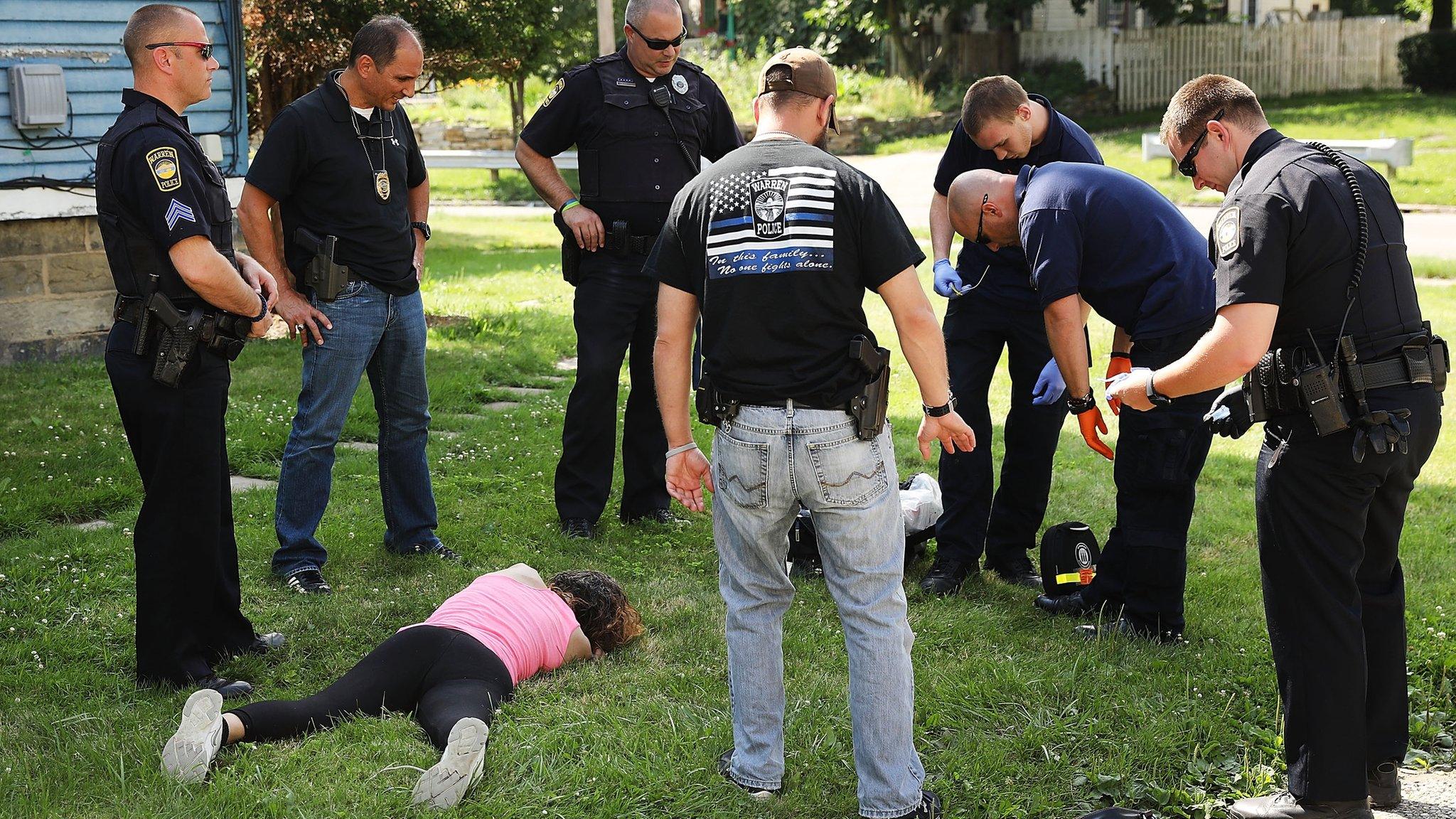Tate art galleries shun Sackler money over opioid crisis
- Published
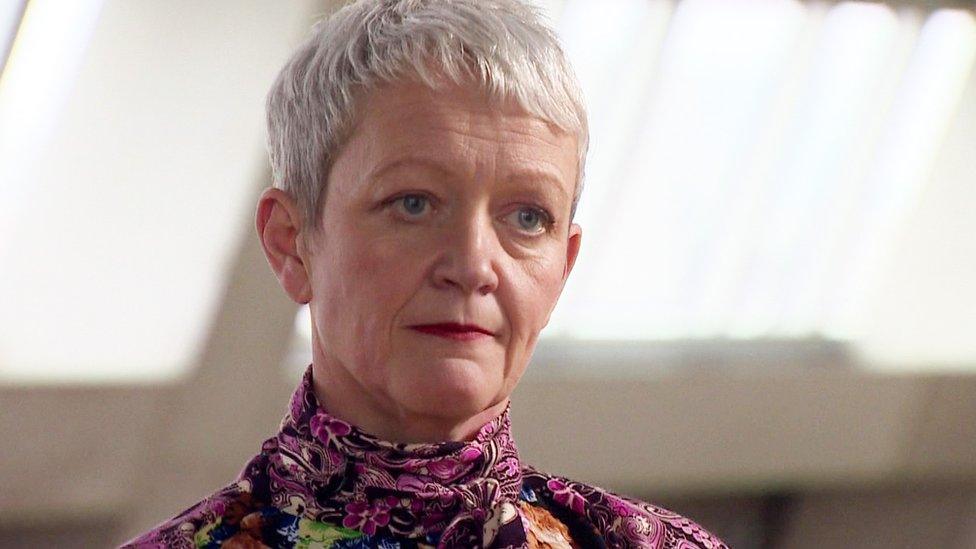
Tate director Maria Balshaw said that funding for the organisation is always considered by an ethics committee
Another of Britain's prestigious art institutions has decided to shun donations from the US Sackler family.
The Tate's board of trustees said it would decline further donations, which comes after the withdrawal of a £1m National Portrait Gallery grant.
The Sackler family is facing legal action over its production of opioid drugs, which are linked to deaths.
Given these circumstances, it would not be right to seek or accept further donations, the Tate said.
The BBC's arts editor, Will Gompertz, said the Tate's move was "a significant moment in this ongoing story".
"It makes it very difficult for any other arts organisation to accept Sackler money," he said. "It also implicitly puts pressure on recent recipients of its donations. "
Pressure has been building on institutions to reject support from the Sackler fortune. The family owns Purdue Pharma, seller of the prescription painkiller OxyContin, which has earned billions of dollars for the company.
Purdue faces claims it misled regulators over the dangers of Oxycontin, held responsible for helping to fuel the US opioid crisis which has led to thousands of deaths.
The Sackler family has "vigorously denied" the allegations against it.
The Tate has received about £4m from Sackler family trusts over several years, including £1m in 2008 and £1m in 2015, which went towards funding the new Tate Modern building.
'Reputational issues'
But the institution said in a statement: "The Sackler family has given generously to Tate in the past, as they have to a large number of UK arts institutions.
"We do not intend to remove references to this historic philanthropy. However, in the present circumstances we do not think it right to seek or accept further donations from the Sacklers."
The Tate group has four galleries: Tate Britain, Tate Modern, Tate Liverpool and Tate St Ives.
In an interview with BBC's Newsnight, Tate director Maria Balshaw said the group's ethics committee always considered where money came from and its decisions were made on a case by case basis.
"Reputational issues are something that's part and parcel of life of running an organisation like this one... you can't not think about these issues," she said.
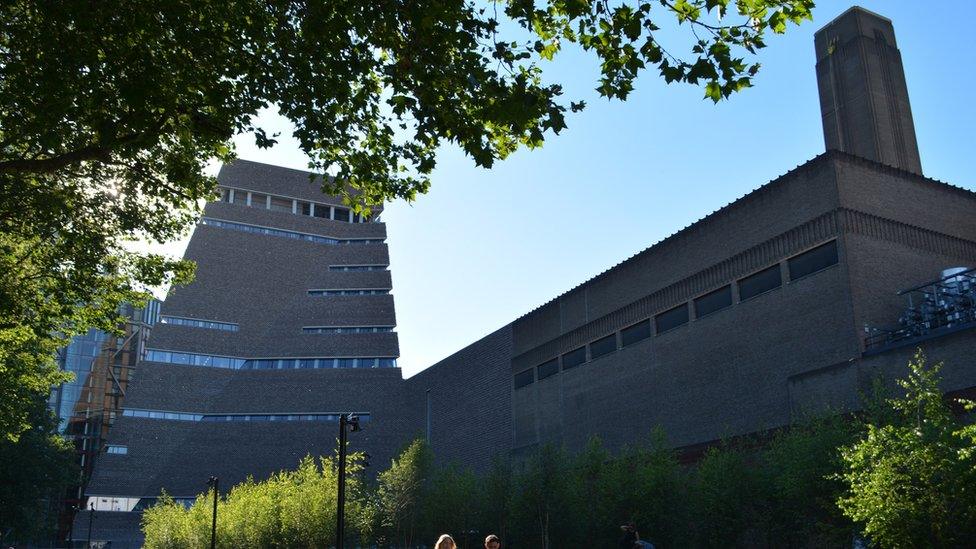
Funding from the Sackler Trust has been used for the new Tate Modern building in London
On Wednesday, the National Portrait Gallery and the Sackler Trust issued a joint statement saying they have decided not to proceed with a £1m donation.
The trust said the continuing allegations against the family risked being a distraction for the portrait gallery.
The US Centres for Disease Control and Prevention has said that opioids - a class of drug which includes everything from heroin to legal painkillers - were involved in almost 48,000 deaths in 2017.
And President Donald Trump has called the US opioid epidemic a "national shame" and declared it a public health emergency.
The epidemic started with legally prescribed painkillers, including Percocet and OxyContin. It intensified as these were diverted to the black market.
There has also been a sharp rise in the use of illegal opioids including heroin, while many street drugs are laced with powerful opioids such as Fentanyl, increasing the risk of an overdose.
- Published20 March 2019
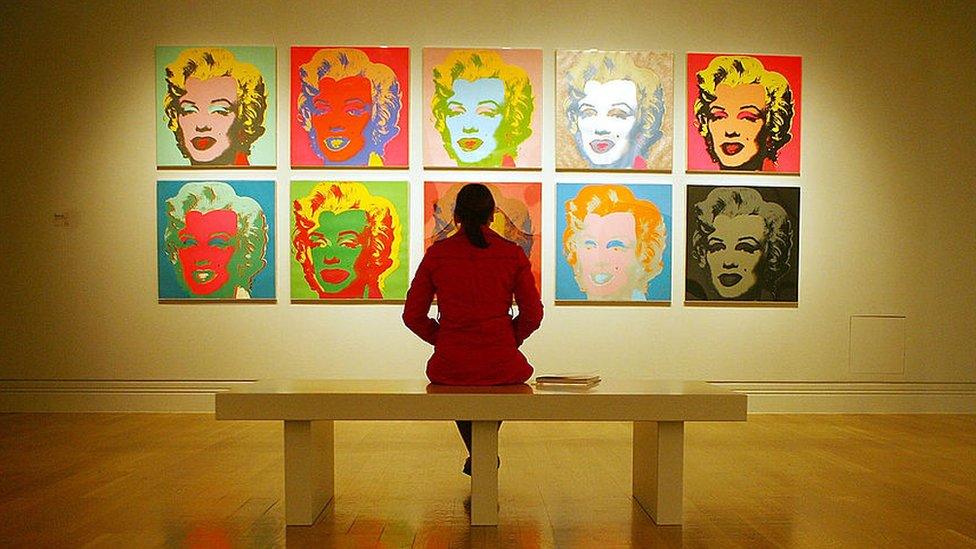
- Published24 October 2018
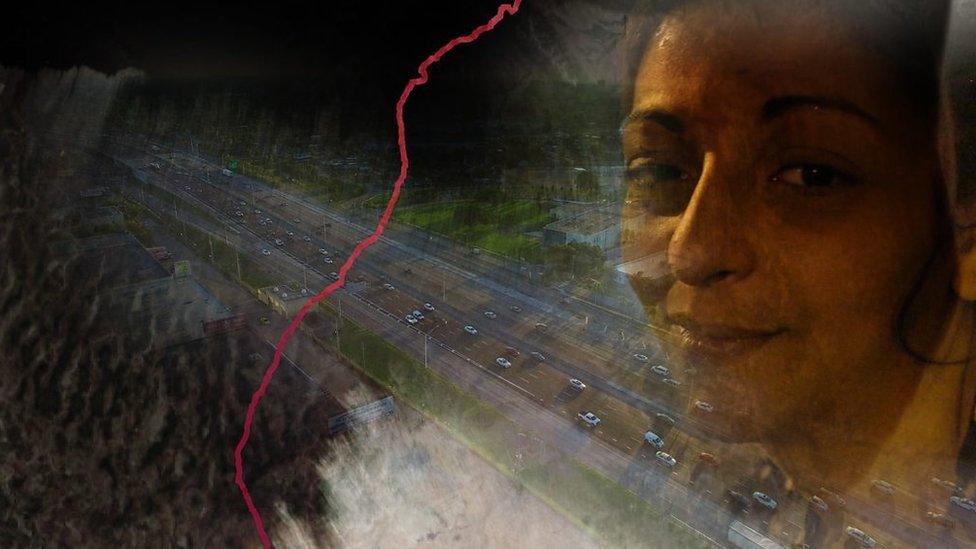
- Published19 March 2018
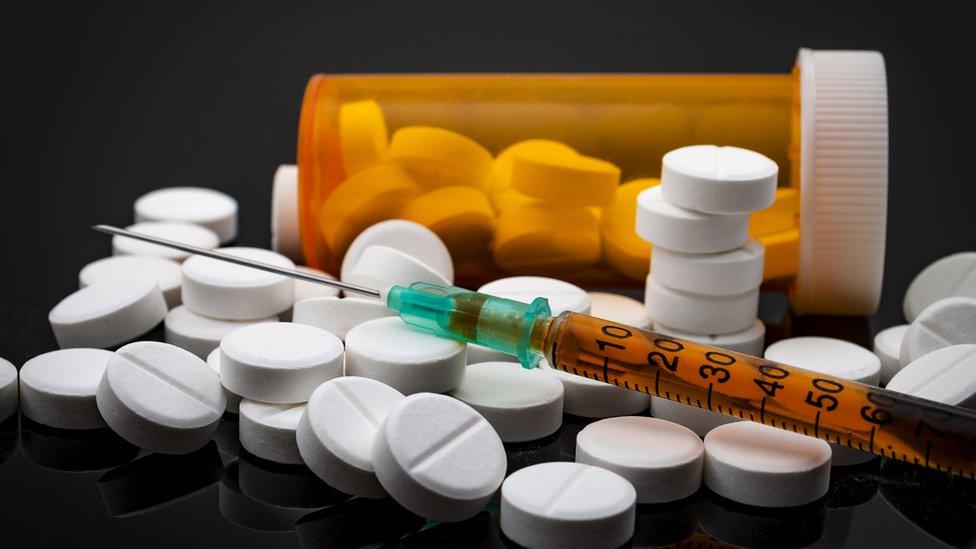
- Published27 October 2017
